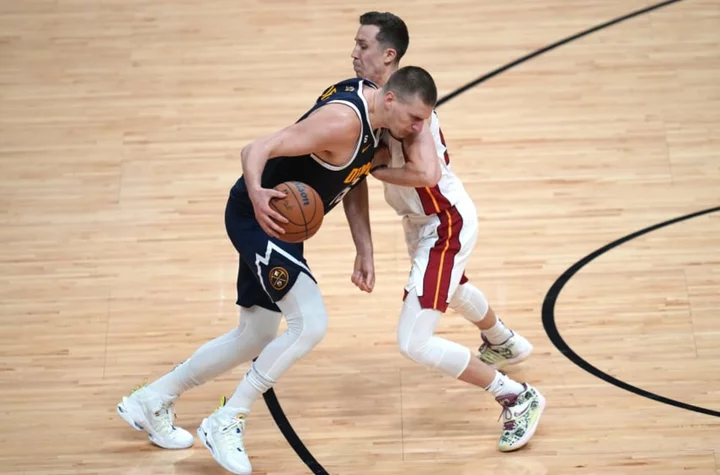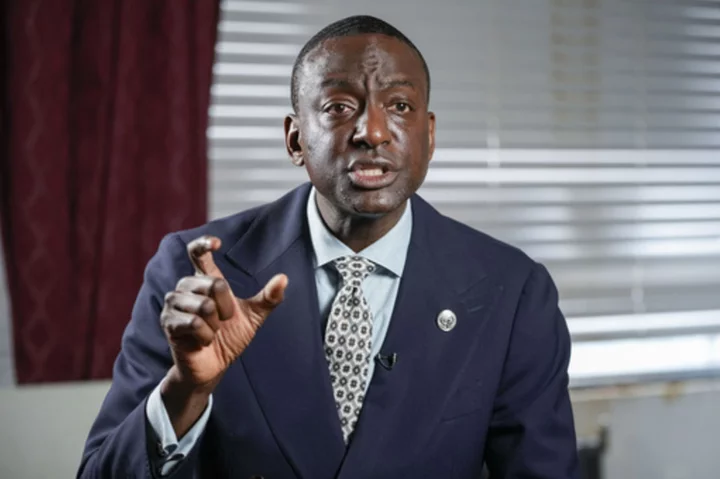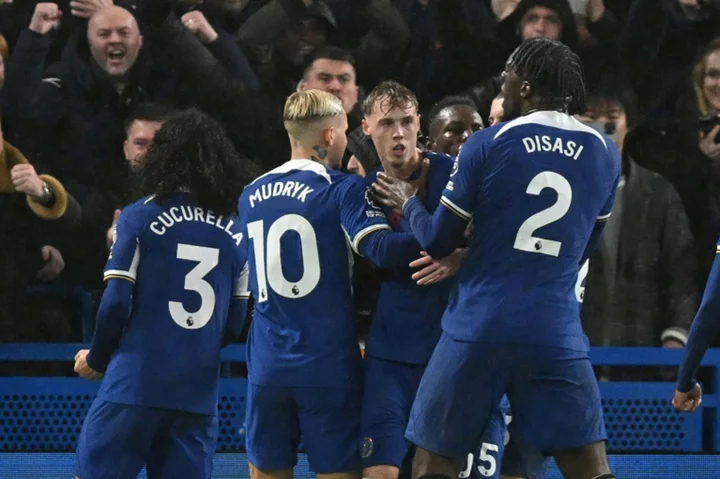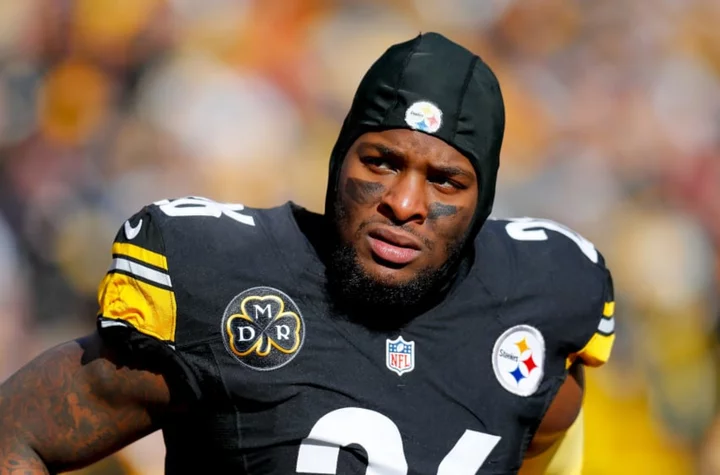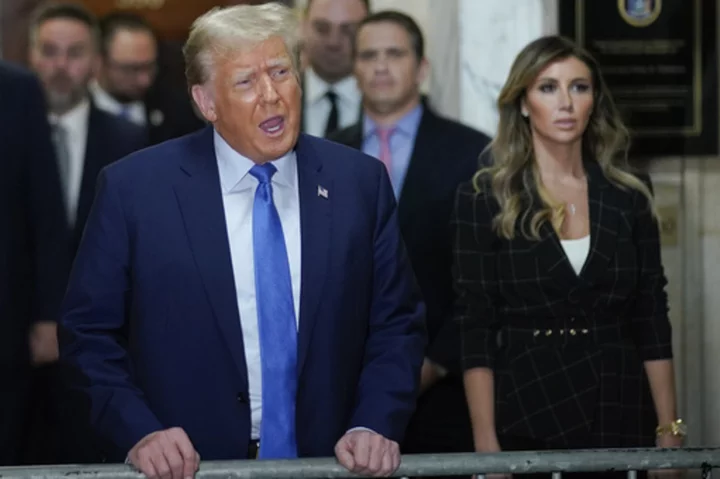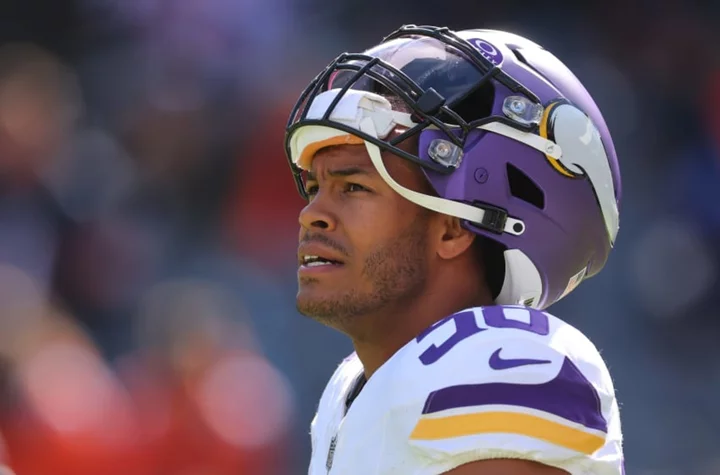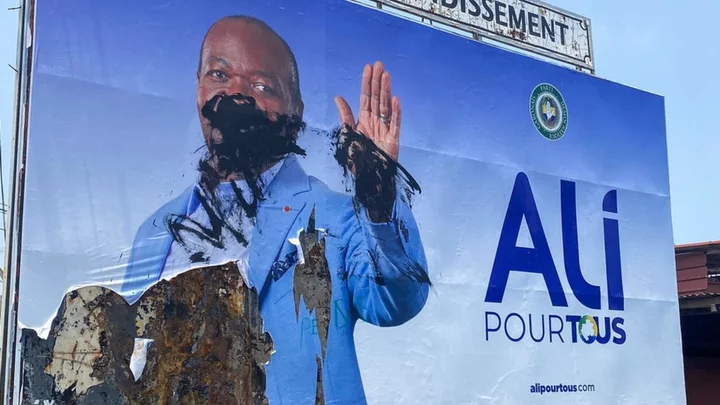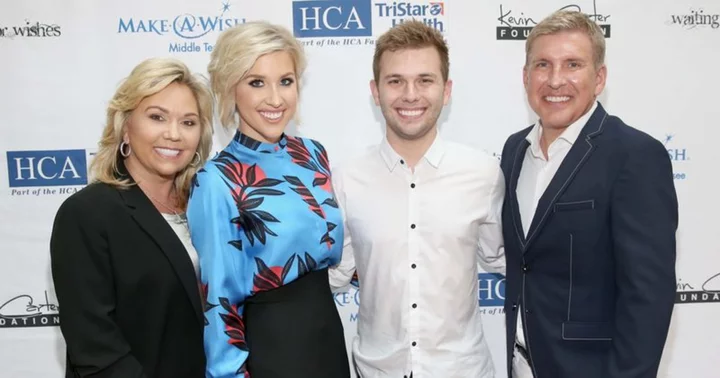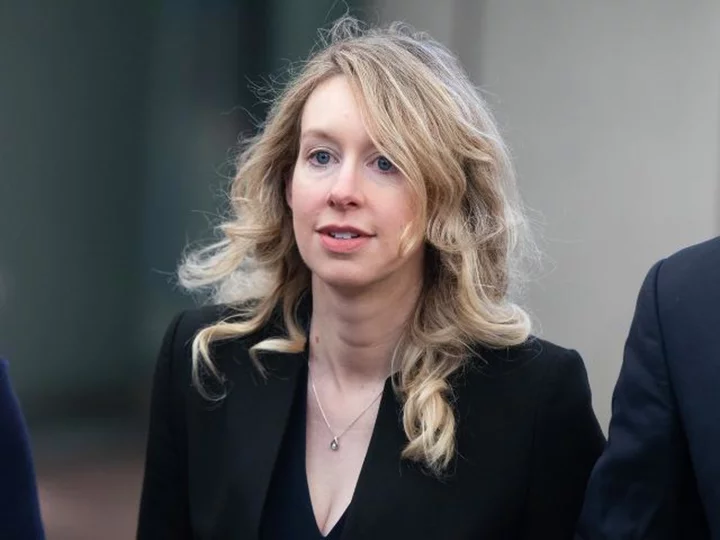The NBA rule book uses an extensive level of detail to explain what is and isn't a personal foul. The tl;dr version is that a personal fouls is illegal contact, from an offense or defensive player. There are exceptions and mitigating circumstances, nuanced breakdowns of how to assign blame in a two-way collision. But if you don't make contact, you don't (or shouldn't) get called for a foul.
To discourage fouls, the NBA rules assign penalties for fouls. If a foul is committed on an offensive player while they are in the act of shooting, the shooter is rewarded with free throws. Once a team has committed four fouls in a quarter, each additional foul results in two free throws, regardless of whether it occurred against an offensive player in the act of shooting. This is called being in "the bonus."
And, of course, the strongest deterrent the league uses is an ejection for any player who has fouled too many times in a game.
How many fouls do you get in an NBA game?
After six personal fouls of any type, a player is ejected from the game. A player is also ejected after receiving two technical fouls, two flagrant 1 fouls or a single flagrant 2 foul. A player who has been ejected must leave the court and can not sit on the bench with his teammates.
Who has fouled out of the most games in NBA history?
Only 13 players in NBA history have fouled out of more than 100 games, regular season and playoffs combined, in their career. While foul-outs are absolutely a negative that list of 13 players includes seven Hall-of-Famers.
- Vern Mikkelsen — 161
- Walter Dukes — 136
- Chuck Share — 124
- Shawn Kemp — 123
- Tom Sanders — 119
- Darryl Dawkins — 117
- Paul Arizin — 110
- Bailey Howell — 110
- Dave Cowens — 105
- Dolph Schayes — 103
- Frank Ramsey — 103
- Robert Parish — 102
- Tree Rollins — 101

